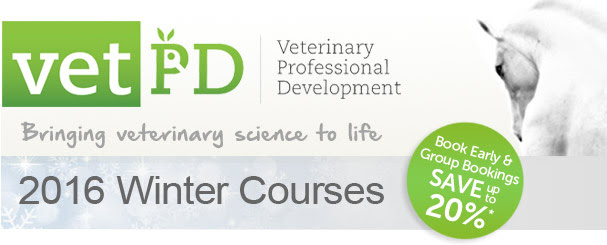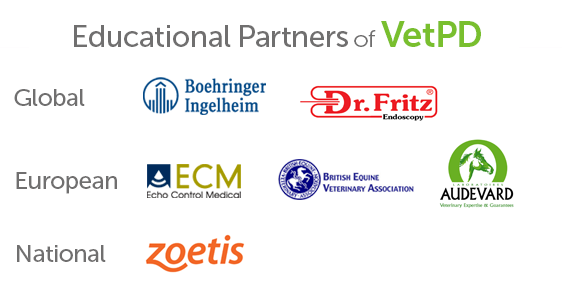Autoclaves are integral to the success of veterinary practise.
Great care should be taken when choosing an autoclave because it is probably the most crucial piece of equipment in any veterinary surgery.
Autoclaves are generally reliable but need to be checked and serviced regularily in order to ensure the least downtime and comply with workplace and practise accreditation guidelines.
The operator should be familiar with, and suitably trained regarding machine operation and aware of the required housekeeping for each unit.
Housekeeping such as checking door seals,emptying waste tanks,cleaning drum interior and ensuring a ready supply of distilled water will make preparation for surgery an easy and intuitive procedure.
It is recomended that instruments are
- Surgically clean before autoclaving,ideally using an ultrasonic cleaner
- Rinsed in distilled water before processing(tap water droplets can cause deposits to form on instruments)
- Packed in suitable packaging(it is worth noting that nylon or tyvek packaging is single use only and multiple use will compromise sterility and cause real problems in the autoclave galleries)
There is a huge choice of machine now available for veterinary practises and purchases made on the basis of price or looks alone are fraught with pitfalls.
We did our research,evaluated the range available in the marketplace and claim our Vacuum autoclave is by far the most suitable machine for professionals .
Rugged and reliable
Simple to operate
Choice of cycles including flash
Excellent build quality from one of the most experienced manufacturers in the world
Cycle validation
Local support and readily available spare parts.
If you share our views and would like to talk about your requirements then please contact me at pfxtkavanagh@gmail.com







